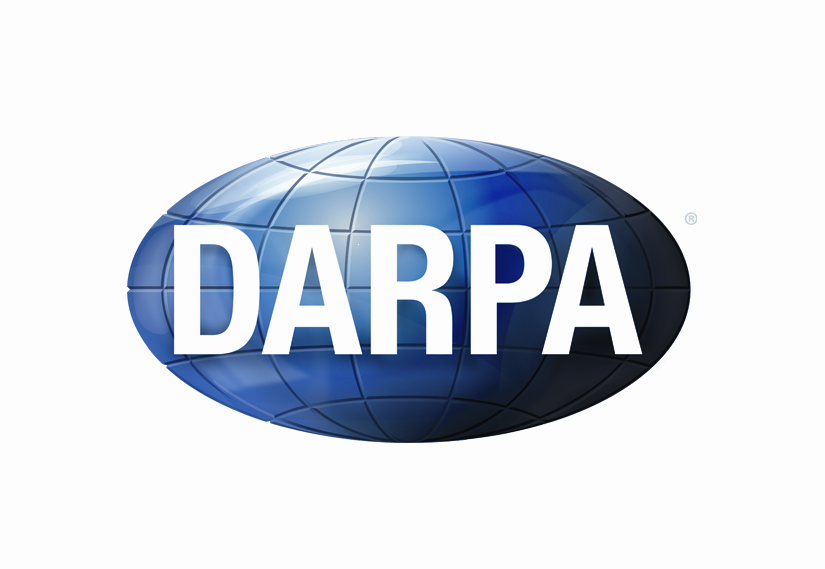Idea Development Award – HT9425-24-PCARP-IDA
- up to USD$500,000 over 3 years or up to USD$650,000 over 3 years (ECR Partnering PI Option)
- pre-proposals due 28 June 2024
- supports development of innovative, high-risk/high-reward research that could lead to critical discoveries or major advancements that accelerate progress in improving outcomes for individuals with pancreatic cancer
- must address at least one of the Focus Areas
- clinical trials or proof-of-concept intervention studies on human subjects not allowed
- Document – Funding Opportunity: HT942524PCARPIDA_GG
Translational Research Partnership Award – HT9425-24-PCARP-TRPA
- up to USD$750,000 over 3 years
- pre-proposals due 28 June 2024
- Supports partnerships between clinicians and research scientists that will accelerate the movement of promising ideas in pancreatic cancer toward clinical applications.
- Supports the development of translational research collaborations between two
independent investigators to address a central problem or question in pancreatic cancer in a manner that would be less readily achievable through separate efforts - One partner in the collaboration must function as a research scientist and the other as a clinician investigator
- projects involving convergence science partnerships are strongly encouraged
- must address at least one of the Focus Areas
- preliminary data required (does not necessarily need to have been derived from studies of pancreatic cancer)
- Document – Funding Opportunity: HT942524PCARPTRPA_GG
Focused Pilot Award – HT9425-24-PCARP-FPTA
- up to USD$200,000 over 2 years
- pre-proposals due 18 September 2024
- Supports the exploration and development of impactful and innovative concepts under two patient-centered focus areas of pancreatic cancer research that could ultimately lead to major advancements that will have a profound effect on patients’ overall quality of life.
- Research supported by this award should strive to produce robust preliminary data that can be used as a foundation for future clinical or realworld research application
- Must address at least one of the following Focus Areas:
- Supportive care interventions, patient-reported outcomes, quality of life, and perspectives during diagnosis, treatment, and survivorship.
- Barriers to the implementation of health care, including ways to overcome socioeconomic, geographic, or ethnic and racial disparities.
- Document – Funding Opportunity: HT942524PCARPFPTA_GG
Focus Areas
- Early detection research for pancreatic cancer, including the prevalence in individuals with pre-diabetes and diabetes and/or those in underserved ethnic and minority communities.
- Supportive care interventions, patient-reported outcomes, quality of life, and perspectives during diagnosis, treatment, and survivorship.
- Barriers to the implementation of health care, including ways to overcome socioeconomic, geographic, or ethnic and racial disparities.
- Identification and characterization of pancreatic cancer risk including genetic and environmental risk factors, such as diet, obesity, and microbiome.
- Understanding the relationship between metabolic disruptions in pancreatic cancer and their systemic effects, including diabetes and cachexia.
- Understanding tumor development and progression, from precursors to metastasis
- Understanding the relationship between oncogenic signaling and the tumor
microenvironment that drives drug resistance and therapeutic response. - Biomarkers to predict therapeutic response and guide management strategies.


